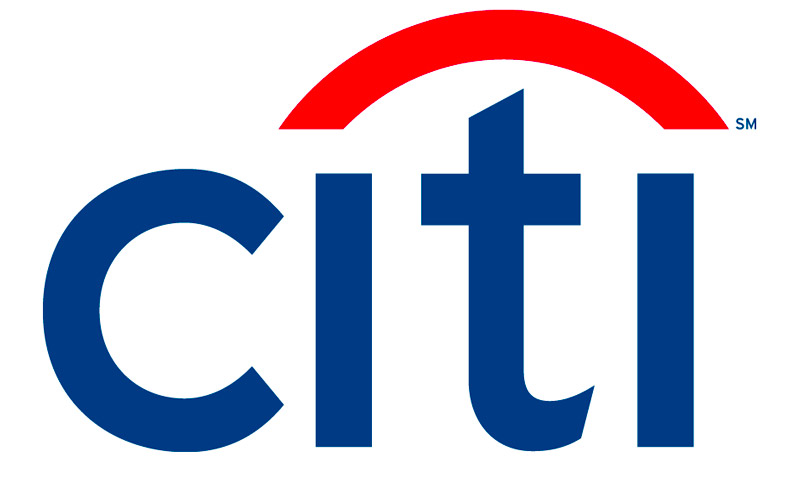|
NJ Assembly Delves into Housing Affordability and Security Issues The New Jersey Assembly Committees on Community Development and Affairs; Housing; and Aging and Senior Services met today to hear testimony on legislation and issues related to housing affordability and security. The Housing and Community Development Network of NJ (the Network) provided testimony on a range of topics to raise awareness and offer potential policy solutions to the affordability concerns facing NJ residents. In testimony provided to the Assembly Housing Committee, the Network cited a national study on rental home affordability which ranked NJ the sixth most expensive place for renters. Affordability is also a concern for homeowners; NJ ranks in the top ten nationwide for foreclosures. According to a 2021 Eagleton Poll, almost nine in 10 New Jerseyans consider the cost of housing to be a “very serious” or “somewhat serious” problem. Another contributor to the state’s housing affordability and insecurity issues is the extremely pervasive and persistent racial wealth gap that plagues residents and communities of color. The Network’s testimony to the Assembly Aging and Senior Services Committee, asserted that racial disparities in retirement income reflect in part the fact that, prior to retirement, men and women of color earn lower median wages than White workers. “They are more likely to work in jobs that do not offer retirement plans, and seniors of color tend to accumulate less retirement savings,” said Arnold Cohen, Network senior policy advisor. “Seniors of color rely more heavily than White seniors on Social Security as a source of income, but have average annual Social Security payments several thousand dollars lower than White seniors’ payments.” During the Assembly Community Development and Affairs Committee hearing, the Network supported the Community Wealth Preservation Program which expands community-based access to residential properties sold at sheriff sale. The residency requirement ensures that not only is the property serving an immediate, existing need, but it also allows for this wealth-generating asset to stay in the community and provide financial security for the family living there. According to the NJ Institute for Social Justice, in 2019, Latino homeowners had an average net worth 40 times higher than Latino renters and Black and Latino families are far less likely to receive down payment assistance from their family, delaying transitions into homeownership. “This bill gives local residents a chance to expand generational wealth, particularly in Black and Brown communities,” said Matt Hersh, Network director of policy and advocacy, prior to the bill’s unanimous passage. “Families that own their homes are more economically stable and have the assets to create and expand businesses, send their children to college, or build a nest egg for a secure retirement.” “We now have an unprecedented opportunity to help mitigate and undo systemic and institutional racism, which prevents Black and Brown families from achieving homeownership and safe, affordable rental housing,” said Berger. “Moreover, there are proven solutions that can address the affordability crisis. Once-in-a lifetime investments in housing affordability, stability and security will lay a foundation that help create a more affordable NJ for generations to come.” The Network applauded Governor Murphy, Lt. Governor Oliver, and the Legislature, for efforts made to keep vulnerable residents safely and stably housed during the pandemic. Particularly programs and policies such as the eviction and utility moratoriums, the COVID-19 Emergency Rental Assistance Program, the Small Landlord Emergency Grant, and the Emergency Rescue Mortgage Assistance Program. Several proposals the Network urged the Assembly to support going forward include:
“The housing affordability crisis in New Jersey and around the country has been decades in the making,” said Berger. “We won’t fix it overnight, but we can start today.” About the Housing and Community Development Network of NJ For more information: Nina Rainiero
|













